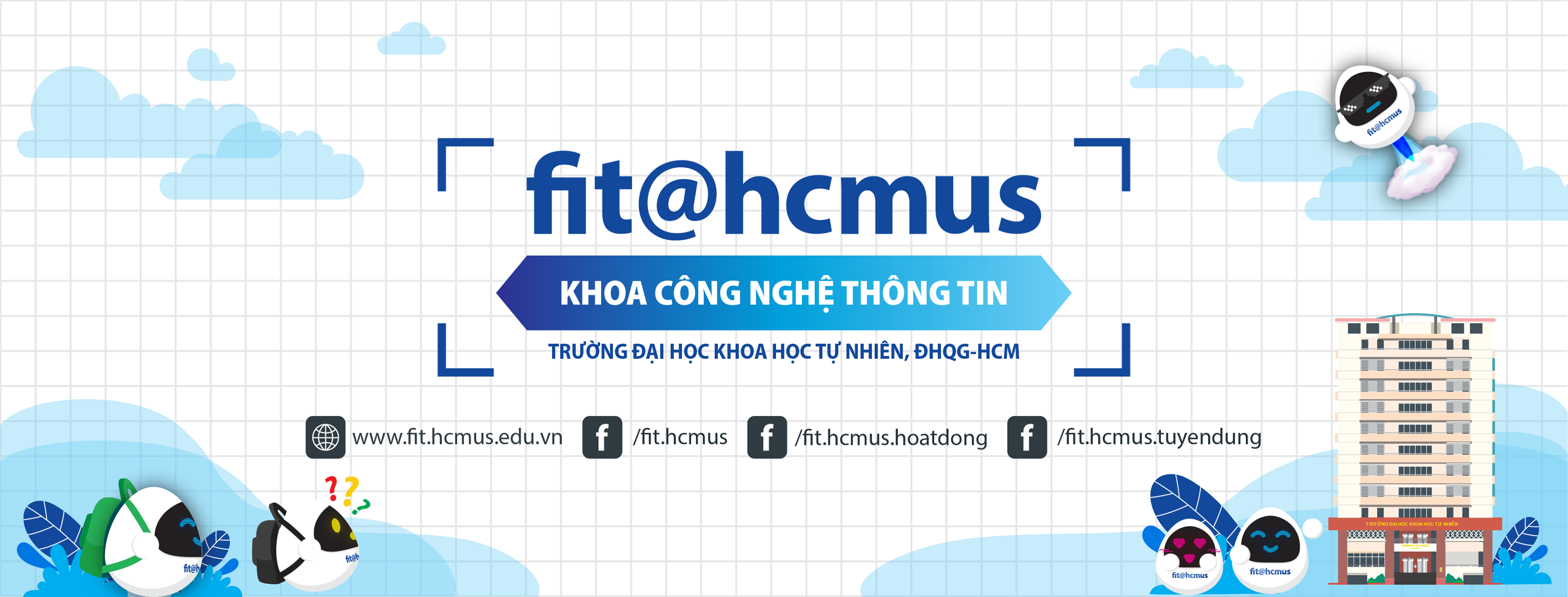Bachelor of Science in Computer Science
The Bachelor of Science in Computer Science is the four-year program that was first introduced in 1995. The program offers students fundamental and in-depth knowledge and technical skills in computer science. It also trains students on personal and interpersonal skills to be ready for their future career path. Students are instructed to be able to apply technical knowledge and different skills to identify and analyze real-world computing problems; to design, implement, and verify computing solutions. The focus of the program is to update students with in-depth and state-of-the-art knowledge on the latest advancement of computer science such as AI, deeplearning, large language models, and the scientific methods and research experience.
Students pursuing this program can follow one of four tracks, including AI-based computer science, knowledge engineering, computer vision, and data science. The students select their tracks after completing the first two years with foundation courses in mathematics, physics, and computer science. Upon completion of the program, students are ready to take on important roles in both industrial and academic environments such as researcher, AI engineer, vision engineering, data science and analytics. Furthermore, students will have stable knowledge and the opportunity in higher education in computer science.
Students are required to complete a minimum of 138 credits of core and elective courses to graduate. A graduation thesis is optional but highly recommended for students.
Bachelor of Science in Software Engineering
The Bachelor of Science in Software Engineering was first opened in 1998. This four-year program provides students a fundamental knowledge in computing with concentrations on software engineering, and personal and interpersonal skills. Students are expected to have a good understanding of mathematics and computer science theories and fundamentals. The program was designed to provide technical knowledge and skills on the concepts, methods, processes, techniques, and tools for professional software development. The program instructs students to identify and form up real-world problems; understand and be able to apply the full process of software development, including discovering and analyzing software requirements; design, implement, verify and validate, and deploy software solutions. Upon completion of the program, students are ready to play important roles in software development projects in industry.
Students are required to complete at least 138 credits to fulfill the graduation requirements. Students have different options for their graduation by doing a final-year thesis, a capstone project, or taking relevant courses of at least 10 credits.
Bachelor of Science in Information Systems
The Bachelor of Science in Information Systems program started in 1995, aiming to train students who, upon graduation, are capable of applying their knowledge, skills, and experience to analyze, construct, operate, and manage computer-based information systems in organizations effectively. In addition to the foundational knowledge in mathematics and computer science, students are equipped with in-depth knowledge and skills in database management, data analytics, as well as analyzing, designing and developing computer-based information systems in organizations. After completing the program, students can take on different roles in an organization, such as chief information officer, business analyst, data analyst, database designer, database administrator, database developer, or data architecture solution consultant, among other positions.
To complete this four-year program, students must take at least 138 credits, which include core and elective courses. Students also have different options for their graduation, such as doing a final-year thesis, a capstone project, or taking relevant courses worth at least 10 credits.
Bachelor of Science in Information Technology
The Bachelor of Science in Information Technology focuses on providing students fundamental and specialized knowledge and skills in the field of Information and Communications Technology (ICT). Students are expected to have a good understanding of principles, concepts, techniques, and tools in ICT. Upon graduation, they will be able to apply their knowledge, skills, and experience to identify and analyze problems; design, implement, evaluate, and operate solutions using approaches and tools in ICT. In this program, students can take either a general track of ICT or a computer networks & computer security specialization.
Like other Bachelor of Science programs, this program also requires students to complete a minimum of 138 credits to graduate.


